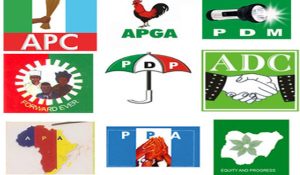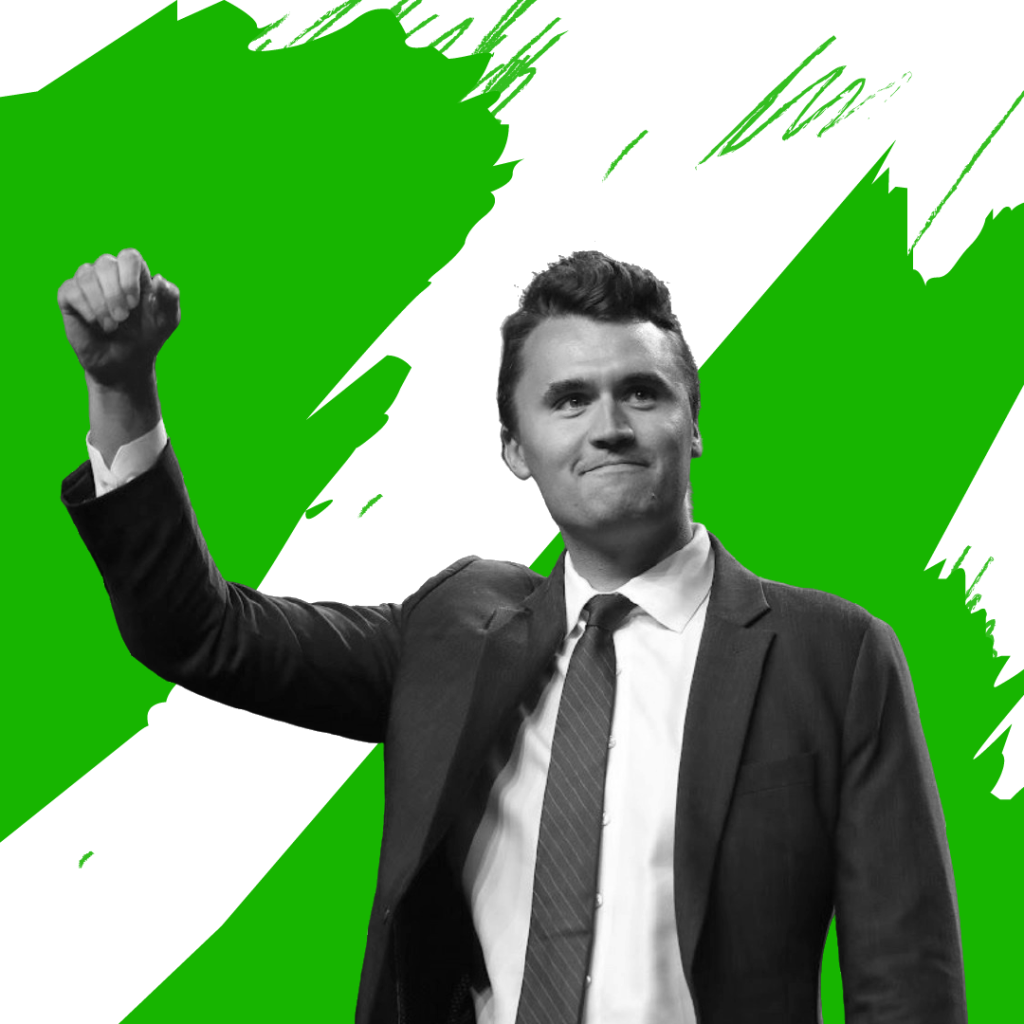Introduction:
Charlie Kirk’s assassination in the U.S. has sparked global conversations about free speech, political violence, and youth in politics. But as I read the tributes and analyses, one question kept knocking at my mind: what if Charlie Kirk were Nigerian?

Because beyond the politics, beyond the tragedy, one undeniable truth stands out: Charlie Kirk mobilised American youth in politics. He got them into debates, forced them to reason logically and confront big questions. He gave a restless generation something to do with their voice.
And it made me wonder — could that ever happen here?
The Nigerian Puzzle
Let’s be honest: Nigeria’s political space is not known for ideological clarity. Unlike the West, we don’t have the luxury of a clean “left vs. right.” Here, political parties are revolving doors. It is a fully interwoven network of political restlessness. The same politician might fly three different flags in one year and career, and no one blinks. Loyalty is fluid. Ideology is absent.

What we have instead is a messy ecosystem of personalities, godfathers, and patronage networks. And in that mess, the Nigerian youth — who make up the overwhelming majority of the population — have largely checked out.
Read more here
- Millions don’t bother with voter cards.
- Even more don’t show up at polling units.
- For many, politics is a dirty game for “them,” not “us.”
Compare that to America, where, despite divisions, someone like Charlie Kirk could still rally young people into seeing politics as a battlefield of ideas — not just a marketplace of moneybags.
If Charlie Kirk Were Nigerian…
Now here’s the big question: What would a Nigerian Charlie Kirk look like?
Would it be a young thinker who cuts through the noise and rallies students on campuses?
Would it be a fiery debater online who refuses to bow to “the system”?
Or would it be a movement builder, someone who translates frustration into civic action, beyond hashtags and trending topics?
And more importantly: would Nigerians even listen?
Because, unlike in America, where youth in politics can shift elections, here in Nigeria, cynicism is almost a culture. The idea that “nothing changes” is so deep it’s practically a mantra.
But what if… just what if… one person or movement could turn that tide?
Youth in politics: What It Would Take
For a Nigerian version of that kind of awakening, a few things would need to shift:
- Clear Ideology: Someone has to cut through “party hopping” and stand for something consistent.
- Youth Translation: The issues need to be reframed into language that matters for Nigerian youth — jobs, electricity, ASUU strikes, cost of living, not abstract policy talk.
- Courage Against Cynicism: The greatest enemy here isn’t even bad leadership. It’s apathy. The belief that your vote, your action, your voice doesn’t count.
- Digital to Physical: Our online debates must start spilling into offline organising, mobilisation, voter registration, and real-world mobilization.
Closing Reflection
Charlie Kirk may have been polarising, but he achieved something undeniable — he made youth see politics as a game worth playing. His life (and death) leaves a haunting question for us in Nigeria:
If he were one of us, could he have pulled it off here?
Could anyone?
Because until someone figures that out, our democracy will remain in the hands of the same recycled elite — and the Nigerian youth, the largest generation in our history, will remain on the sidelines of the very future they complain about.
And maybe that’s the tragedy worse than any assassination: a people who kill their own future by refusing to fight for it.
Have you read:

